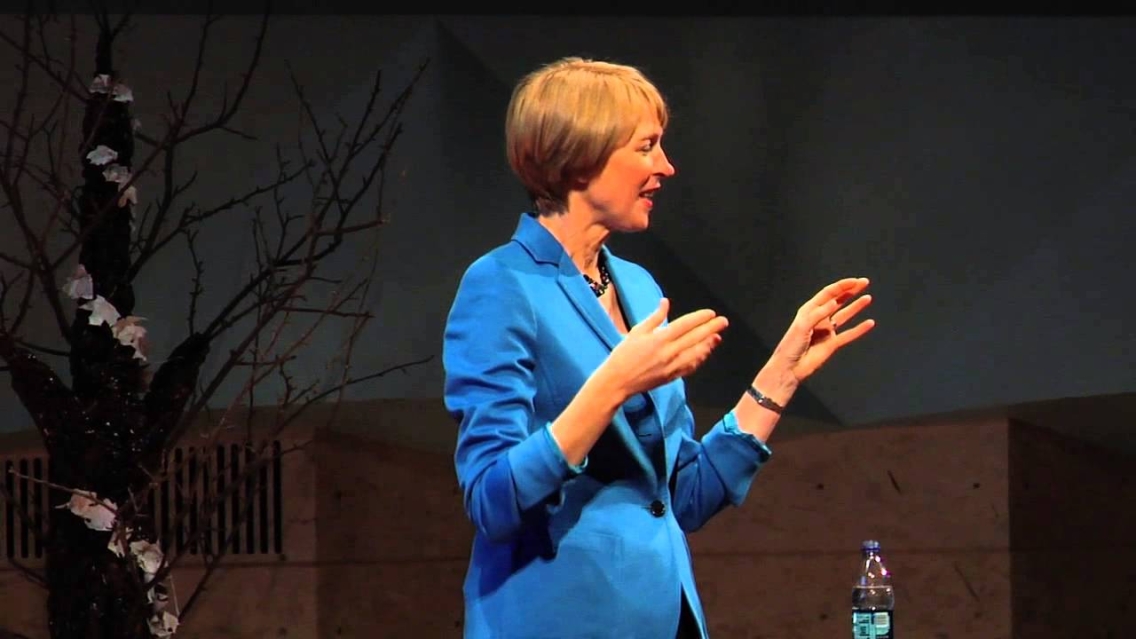Sam Byrne: Professor Spotlight
| by Christopher Donohue
When asked about his time at Middlebury thus far, Sam Byrne grinned widely, and, with enthusiasm, relayed it has been a “joy” to have the opportunity to teach public health at the undergraduate level. Byrne is an assistant professor of biology and global health, entering the Middlebury community this fall as one of nine new tenure-track faculty members.





